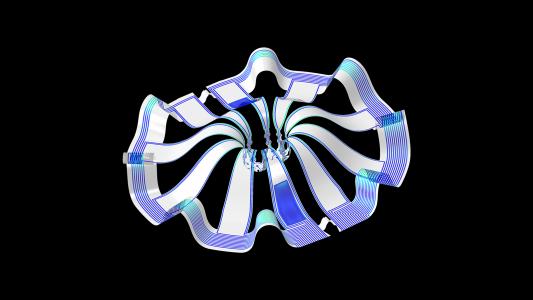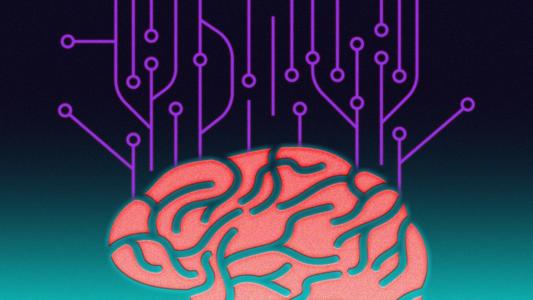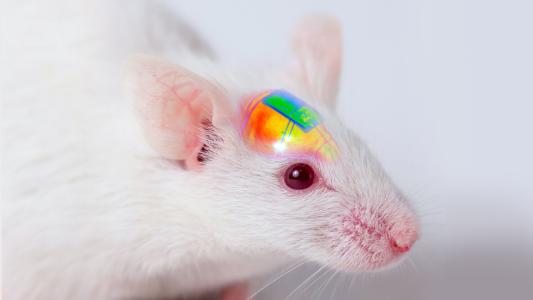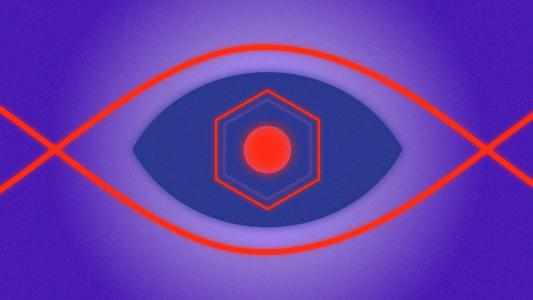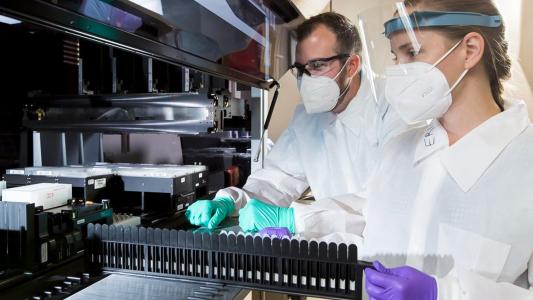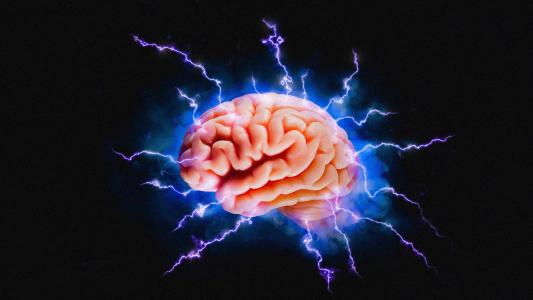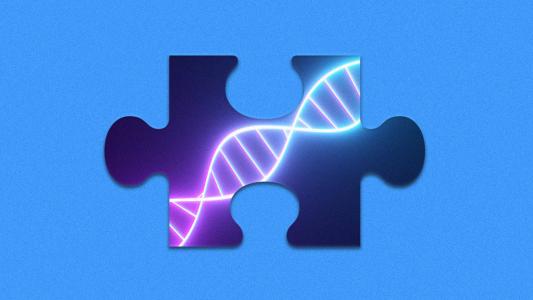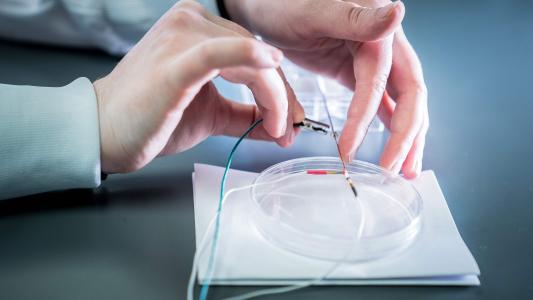Neuroscience
Researchers have built a mini-lab for mini-brains
Researchers have created a “tiny machine” to better study brain organoids, clumps of stem cells that simulate the brain.
It's now possible to diagnose concussions with saliva
Saliva was used to diagnose concussions with 94% accuracy, suggesting that an objective concussion test may finally be within reach.
Brain mapping: Explained
The brain is a difficult place to work. How can brain mapping help open the black box between your ears?
New brain implant can be charged wirelessly
A new brain implant contains wireless charging tech that could eliminate the need for surgeries to remove and replace drained batteries.
4 people in the world have a mysterious dementia. Could it hold a key to Alzheimer’s?
Alzheimer’s has proved difficult to treat. But solving the mystery of this ultra-rare frontotemporal dementia may unlock new understanding.
Gene therapy shows promise as a glaucoma treatment
A new gene therapy was able to repair a damaged optic nerve in mice, suggesting it might be useful for treating glaucoma in people.
Blood test for Alzheimer’s now available at doctors’ offices
For the first time, a blood test for Alzheimer’s disease has received approval to be used in doctors’ offices in the U.S.
Scientists test mind control with light — no surgery required
In a new breakthrough, scientists use optogenetics to manipulate brain cells in mice without surgery or brain implants.
This parent is helping push autism gene therapy forward
Not too long ago, autism gene therapy was a pipe dream. Now, armed with specific targets and new methods, a small wave of gene therapies is gathering.
Dopamine and serotonin may do more than we thought
Dopamine and serotonin are crucial brain chemicals. A new study that measured them simultaneously in active brains suggests they may do more than we think.
